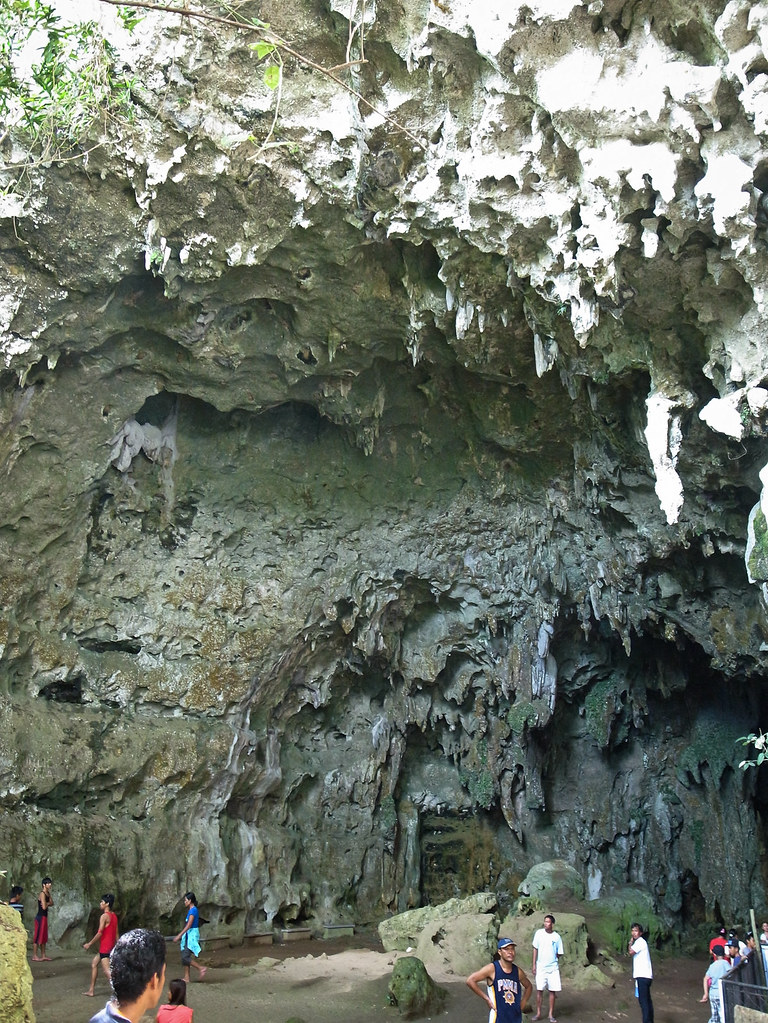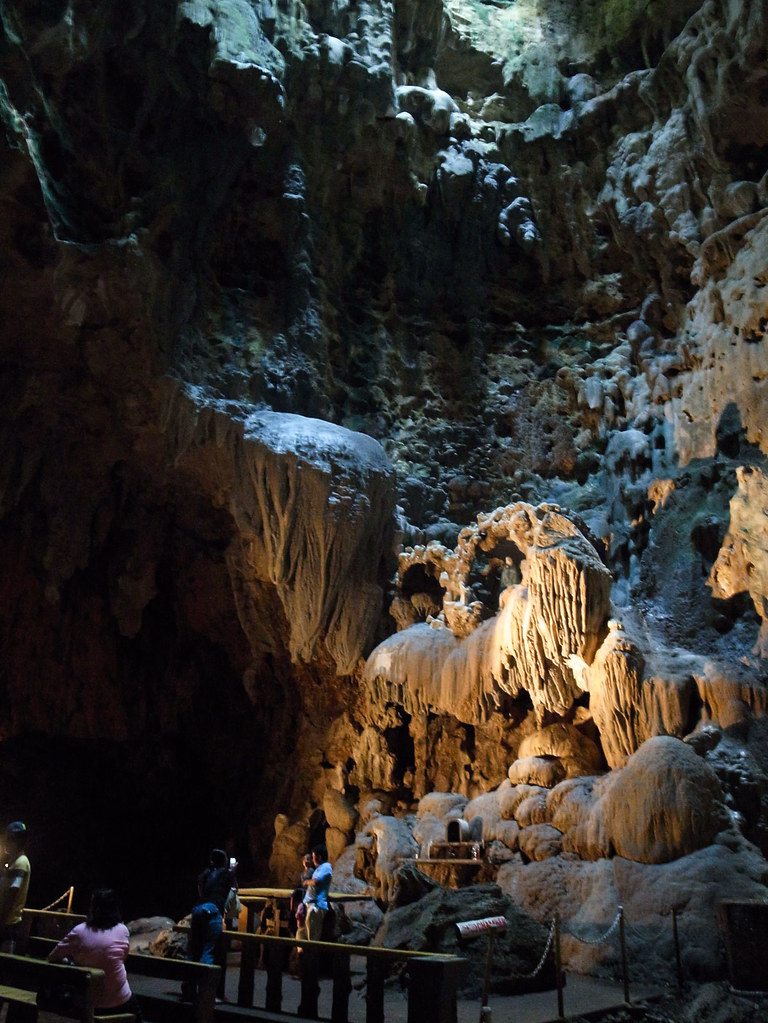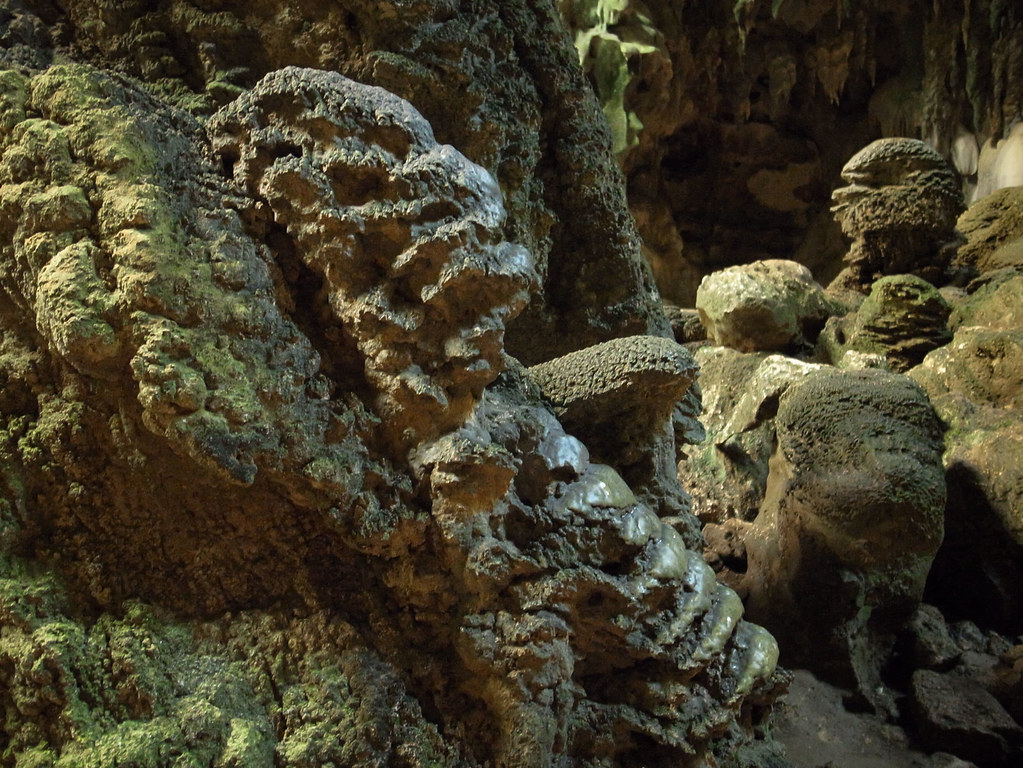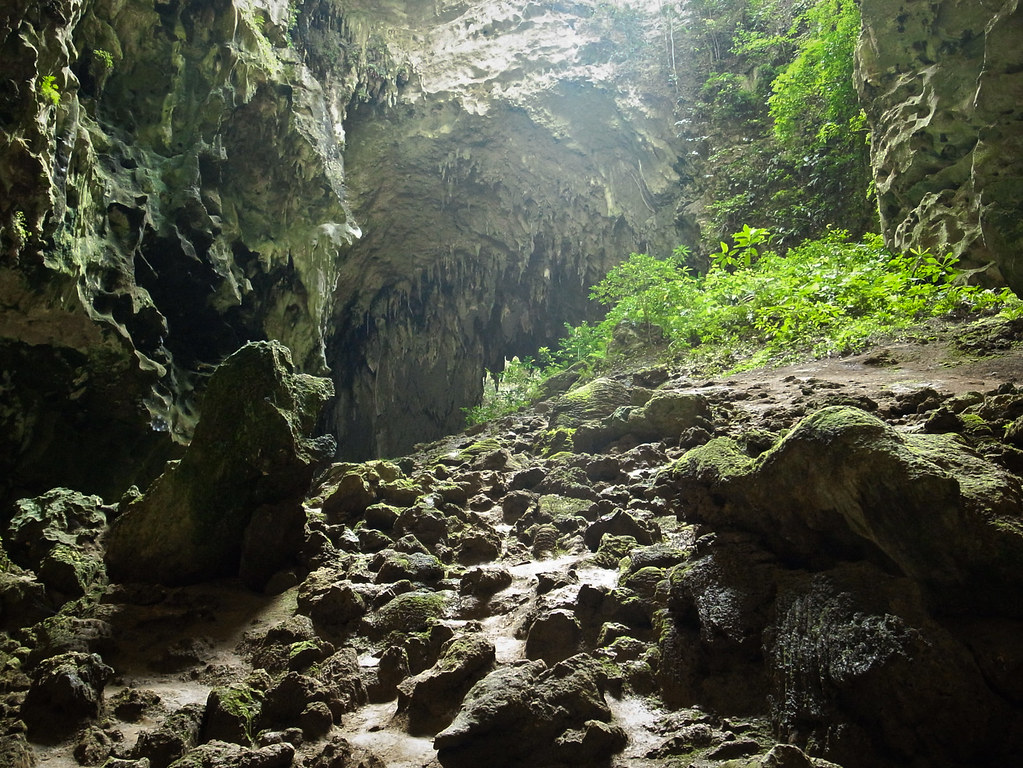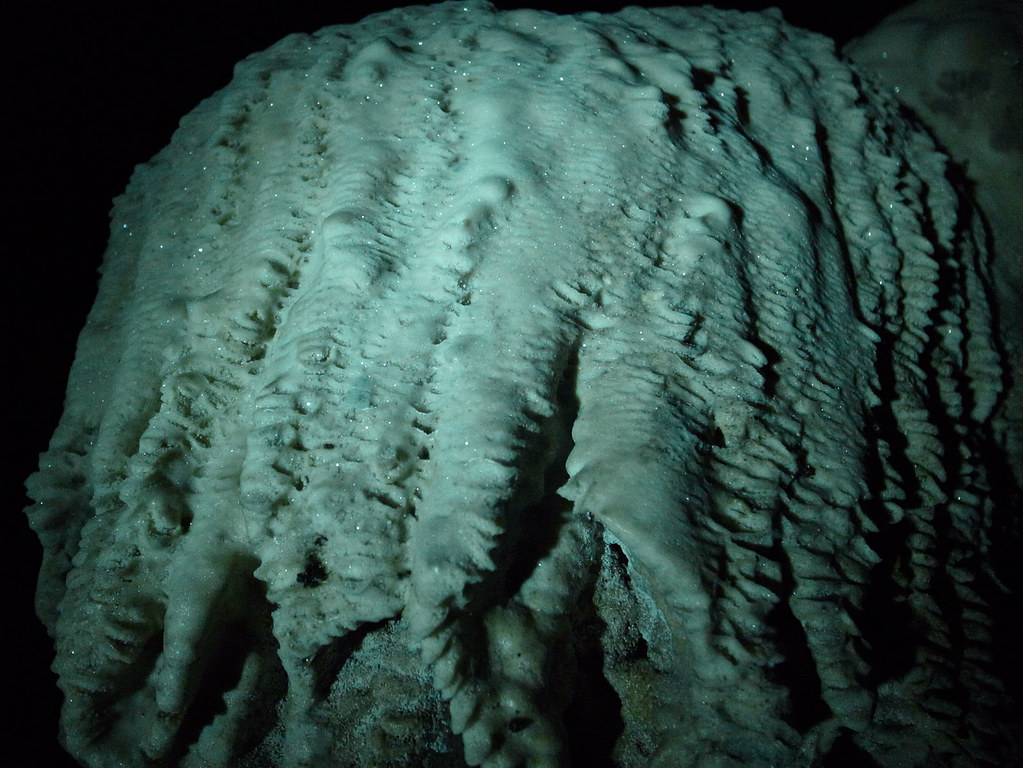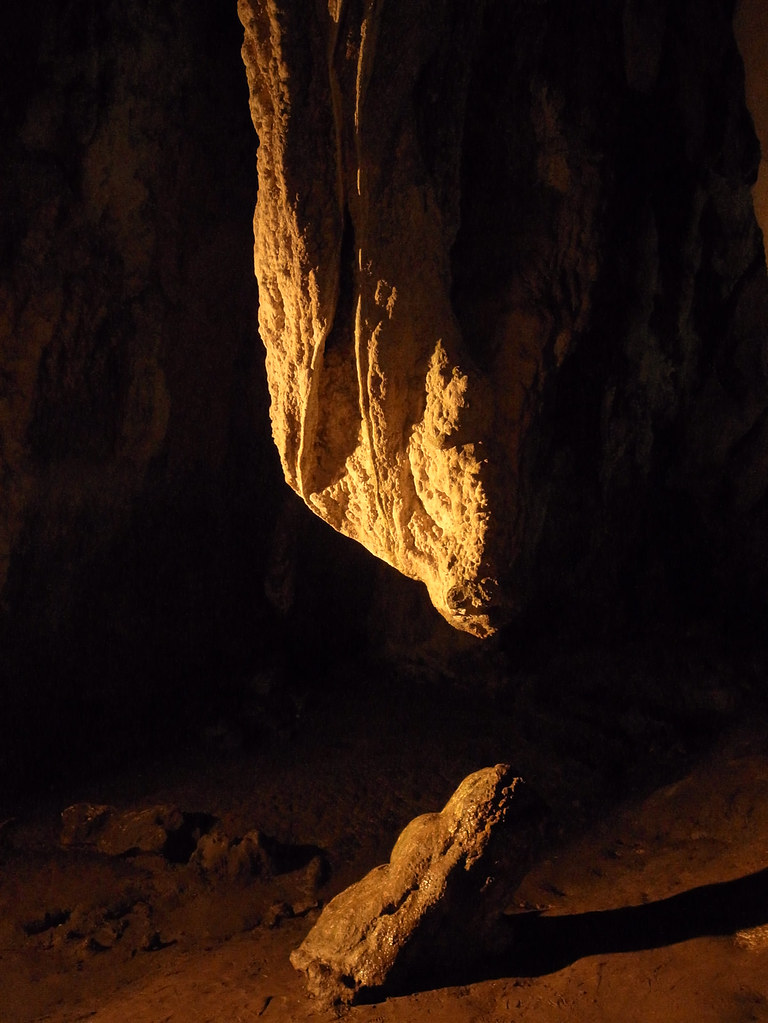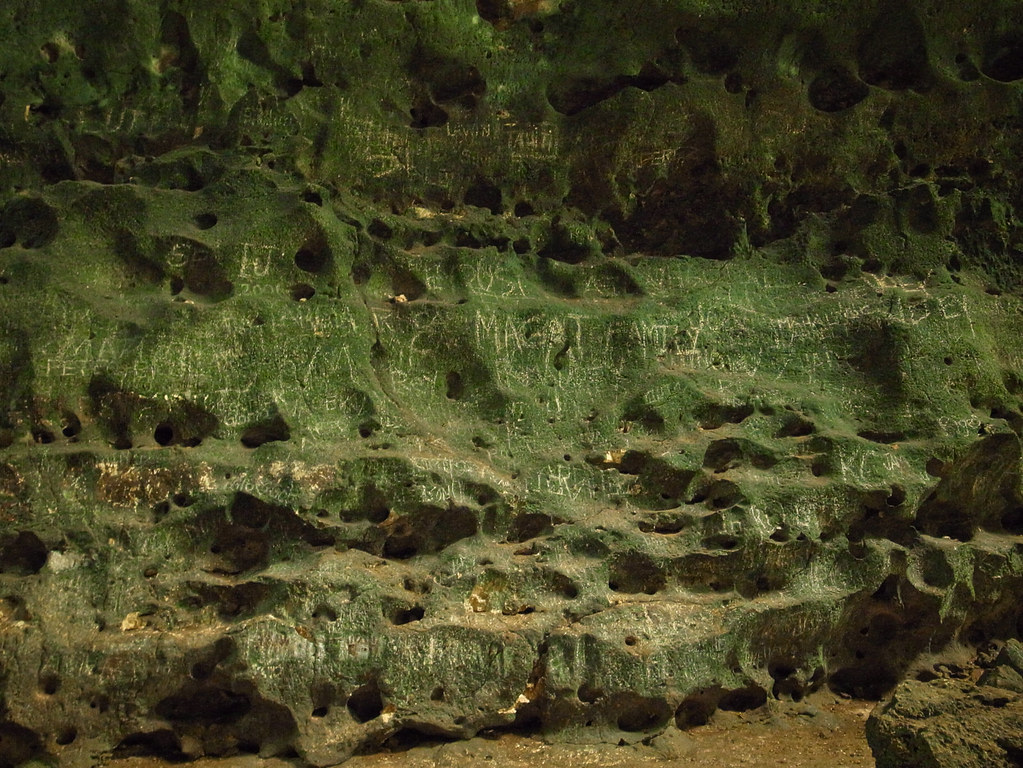Spelunking is a highly challenging activity, but the awe-inspiring experience I get in return is more than enough a reward. The stalactites and stalagmites that meet to form a column, the life inside the cave, and the thought of vast connections underneath the land that we walk on never fail to amaze me. That is coming from someone who has only done spelunking twice, both in the famous Lumiang and Sumaging Caves in Sagada, and watched Discovery Channel's Planet Earth's Final Frontier: Caves in HD.
Cagayan, with more than 300 caves, is aptly named as the Caving Capital of the Philippines. The original plan was to visit Sierra Cave, as recommended by Ivan Henares during the Asia Society Philippine Foundation lecture. I called them up prior to going to Cagayan but I was informed that it is necessary to secure a permit from the DENR office to explore the Sierra Cave. Unfortunately, we were going to visit on a holiday and government offices were closed.
We decided to visit Sierra's more popular neighbor instead, Callao Cave. This is probably one of the most visited caves in the country. From Tuguerarao City, we hired a traysi (the usual tricycle) to the Penablanca Traysi Terminal and from there, we waited for 4 more passengers to load the traysi bound to Penablanca. A traysi can fit up to 7 passengers.
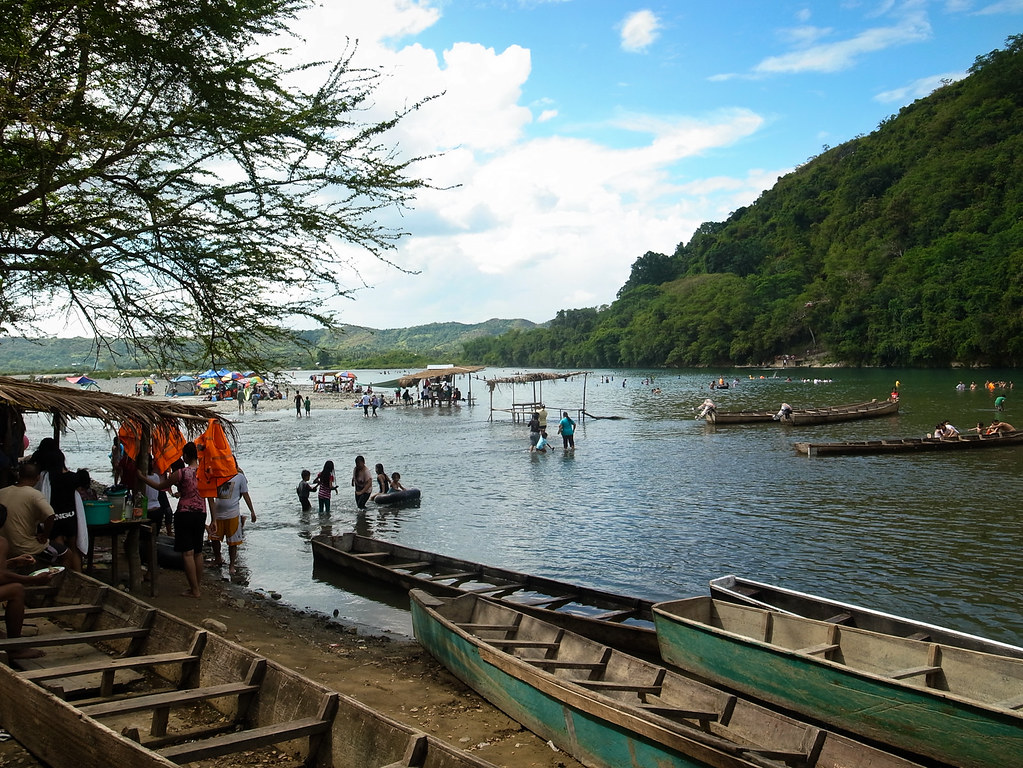 Penablanca is almost an hour's ride from Tuguegarao City. We were cruising half of the time along a national road and the next half was spent on a dirt road. We passed by the Pinacanauan River, packed with families taking their sweet time swimming in the river. The driver took us to the Callao Caves Resort.
Penablanca is almost an hour's ride from Tuguegarao City. We were cruising half of the time along a national road and the next half was spent on a dirt road. We passed by the Pinacanauan River, packed with families taking their sweet time swimming in the river. The driver took us to the Callao Caves Resort. Callao Cave is located across the Pinacanauan River. Boats take guests from both sides of the river for P20 per way. Across the river, guests are met by tour guides of the Callao Eco Tourism Zone.
Hiring a tour guide is optional, but is highly recommended, to benefit both the local industry and the guests as well. Our tour guide was Wilber Bancud (Contact No: 63926.378.44.79), an eloquent and very accommodating one. We climbed a flight of stairs going up to the cave's huge opening. It felt like entering a stadium.
Enormous entrance
Callao Cave is composed of seven chambers (domes) and five skylights (open ceilings). Right at the entrance of the cave is the excavation site where archaeologists found a 67,000-year-old foot bone, possibly the oldest fossil found in the entire Asia-Pacific region.
Here are photos of the most photographed area of the cave, the Chapel Chamber:
The altar up front First skylight
Beyond the Chapel Chamber are magnificent formations, all splendidly lighted by the cave's skylights. See a human skeleton, Singapore's Merlion, a lion turned towards the light, a rocket ship, and a calcite stalactite to name a few.
Now this one right here is not a natural wonder formed over thousands of years. It would have been nice to see writings on the wall by our ancestors but to see something like "Magat Family" etched in the wall is just too frustrating.
Callao Cave, magnificent and huge as it is, is still under the mercy of men. The walls of the cave being green does not necessarily mean you could write on it like you did on a board in elementary. It pisses me off just thinking about the vandals on the wall again.
Exploring the Callao Cave is as easy as a walk in the park, with occasional uphill climbs and moderately steep descends. It is a good thing that the cave is easily accessible to everyone because adults and kids alike can learn and marvel at nature's work, but what would make it better is if someone takes the responsibility to educate and let the people know that it takes thousands of years for something amazing to come to life but all it takes is a few seconds to ruin it. As Wilber said, the government of Cagayan is working its best to promote and preserve the cave at the same time.
